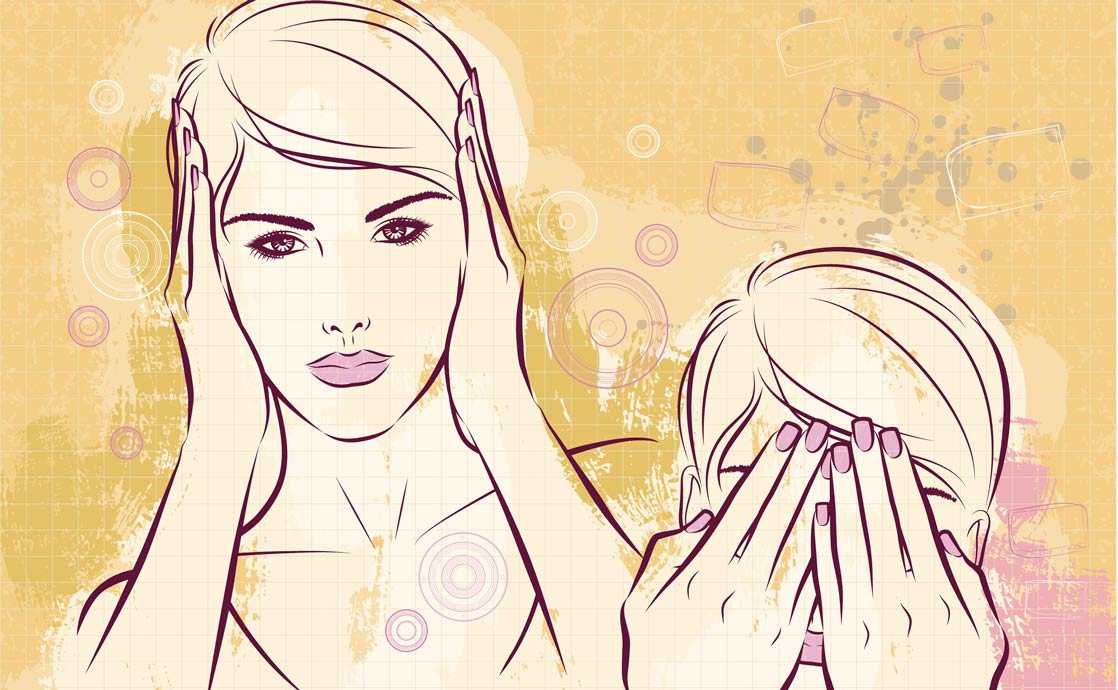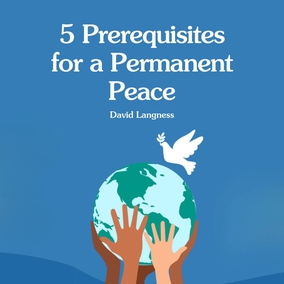The views expressed in our content reflect individual perspectives and do not represent the authoritative views of the Baha'i Faith.
Since I wrote a BahaiTeachings.org article about gossip a few months ago, I’ve had people reach out to me asking how to work on changing their speech into something that feels more useful.
First, and foremost, though, I want to acknowledge that while I have a lot of ideas and thoughts about how this can be done – and I do my best to practice it – I am in no way perfect, and have a long way to go to get to the ideals I have in my heart and mind. I thank God for the virtues of mercy, patience, and perseverance, because I need them all!
The Baha’i teachings not only condemn backbiting – they say that “… backbiting quencheth the light of the heart, and extinguisheth the life of the soul.”
For Baha’is, Abdu’l-Baha, the son of Baha’u’llah and the head of the Faith after his father’s passing, serves as the perfect example and embodiment of these ideals. So instead of sharing my own ideas of how to accomplish this goal, I would love to share a memory of Abdu’l-Baha that I read recently in Lighting the Western Sky, a book by Kathryn Jewett Hogensen about early Western Baha’is going on their first pilgrimage:
One afternoon during the visit of the February group, May and two other women were talking among themselves when May spoke negatively about ‘a brother in the truth’. Abdu’l-Bahá was out tending to the poor and needy of Akka at the time and upon His return summoned Lua to Him. He informed her that something terrible had happened – one believer had spoken ill of an absent one. She was told to remain quiet about this and to pray about it. That evening at dinner, as May looked into the Master’s eyes, such feelings of guilt and remorse overwhelmed her that she began to cry. ‘A little later we all went to supper, and my hard heart was unconscious of its error, until, as my eyes sought the beloved face of [Abdu’l-Baha], I met His gaze, so full of gentleness and compassion that I was smitten to the heart. For in some marvellous way His eyes spoke to me; in that pure and perfect mirror I saw my wretched self and burst into tears. He took no notice of me for a while and everyone kindly continued with the supper while I sat in His dear Presence washing away some of my sins in tears. After a few moments He turned and smiled on me and spoke my name several times as though He were calling me to Him. In an instant such sweet happiness pervaded my soul, my heart was comforted with such infinite hope, that I knew He would cleanse me of all my sins.’ Some lessons did not require words.
This story is so powerful to me, because it shows an example of how firm and yet loving Abdu’l-Baha was when it came to applying Baha’i principles. He did not call May out, the way of pointing out the errors of others that seems to be so common today. Instead, he was patient and loving, and allowed her to look into her own heart to discover that a mistake had been made.
Once she found that tender spot in her heart, he did not throw it in her face and make her feel worse. He simply loved her and allowed her the time she needed to process and grieve the hurt that she had caused. He sat with her in her discomfort, giving others the example of how to truly love someone into being their best self.

As I reflect on this story I see a lot of myself in May. I think of today, and how often and easily we can make these kinds of mistakes. When gossip and backbiting represent the norm in the world, it can be difficult to even notice that I am doing it, let alone causing harm that I can’t necessarily see or feel in the moment. Instead, I can get caught up in the rush of those feel-good hormones that falsely make backbiting seem like a pleasure sport, and the futile beliefs that see gossip as a means for intimacy.
By having someone sit with me who has worked toward the capacity of honing loving firmness, I am given the opportunity to notice and process my own wrongdoing. Making a change of heart is so much more powerful than if someone had called me out and humiliated me, or worse, shamed me in front of others. In shame, people shut down and harden their hearts, leaving no room for transformation or lasting change. When someone who has worked towards the capacity of honing this loving firmness models that quality for me by sitting with me and allowing me to process, I am empowered to begin that same process, and am put on the path to model it for my friends, family, and community at large.
Through these little steps of noticing, reflecting, and correcting myself each day I grow that much closer to not backbiting, and eventually, only sharing when it may be helpful or supportive to my growth and the growth of my community.
















Comments
Sign in or create an account
Continue with Googleor